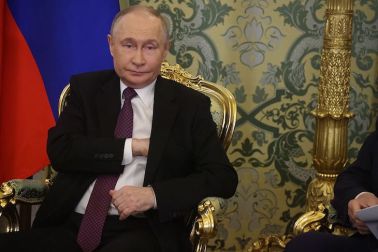
Judging only by its electoral performance, the Communist Party of Great Britain was a near-total failure in the 20th century. It only secured a tiny number of MPs at Westminster, while the party membership peaked at just over 60,000 at the height of Soviet popularity during the second world war. But this public lack of success was misleading. The communists exercised considerable secret influence in universities, publishing houses, journalism and even the civil service for decades after 1945.
Its greatest power, however, lay inside the Labour party and the trade unions. It was perhaps especially strong in the National Union of Mineworkers and the Amalgamated Union of Engineering Workers. This strength survived long after the catastrophic Soviet invasion of Hungary in 1956. We know that the Transport and General Workers Union leader Jack Jones — who received effusive praise from prime minister Gordon Brown when he died in April this year — was a paid agent for the USSR, and in receipt of cash handouts from his Soviet handler Oleg Gordievsky as late as the 1980s.
The merit of Anatoly Chernyaev’s diaries is that they show just how cheerful and trusting was the relationship between Labour politicians and trade union officials and Soviet Communists. Reports of the Labour party General Secretary Ron Hayward confiding in the Soviets his plans to capture the party machinery by developing a cadre of young activists may sound quaint today. Not so in 1974, when the Cold War was at its height. There was a whiff of social disintegration in the air and the nuclear-armed USSR posed an existential threat.
These diaries indicate that, by the 1970s, an alternative government was in place, handpicked by Moscow to take over the apparatus of the British state once the Cold War was lost.







Comments
Join the debate for just £1 a month
Be part of the conversation with other Spectator readers by getting your first three months for £3.
UNLOCK ACCESS Just £1 a monthAlready a subscriber? Log in